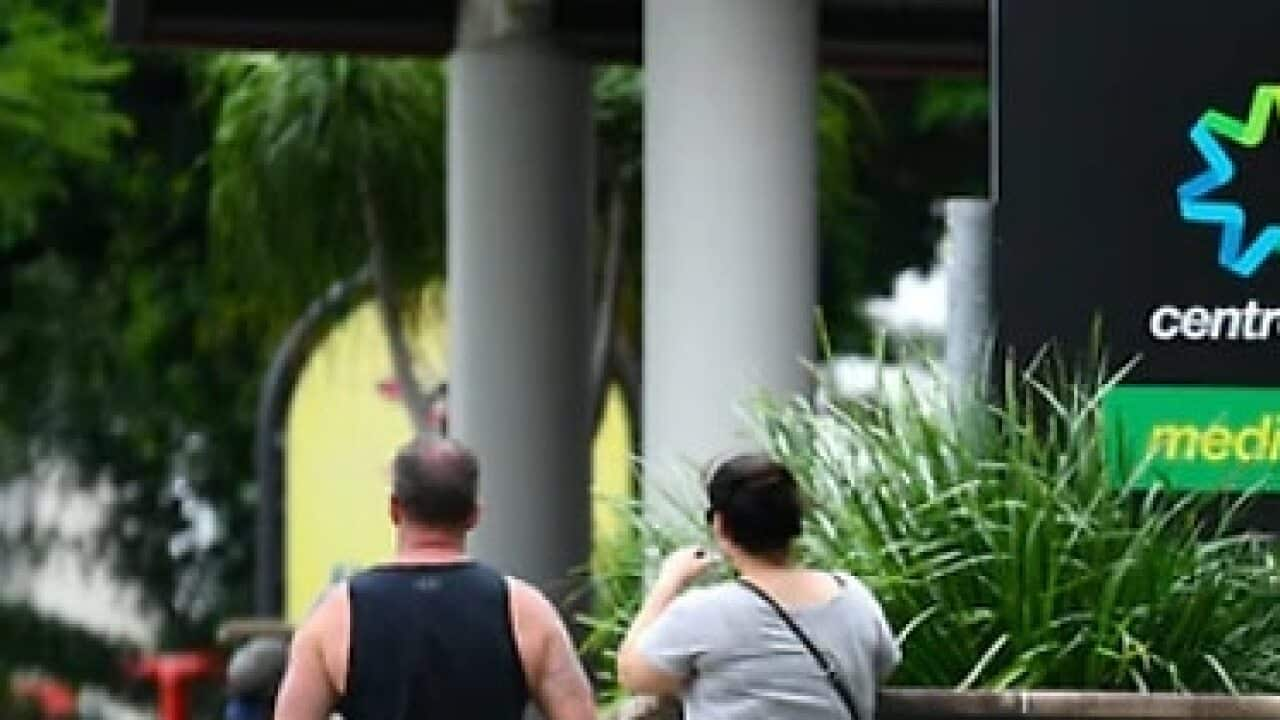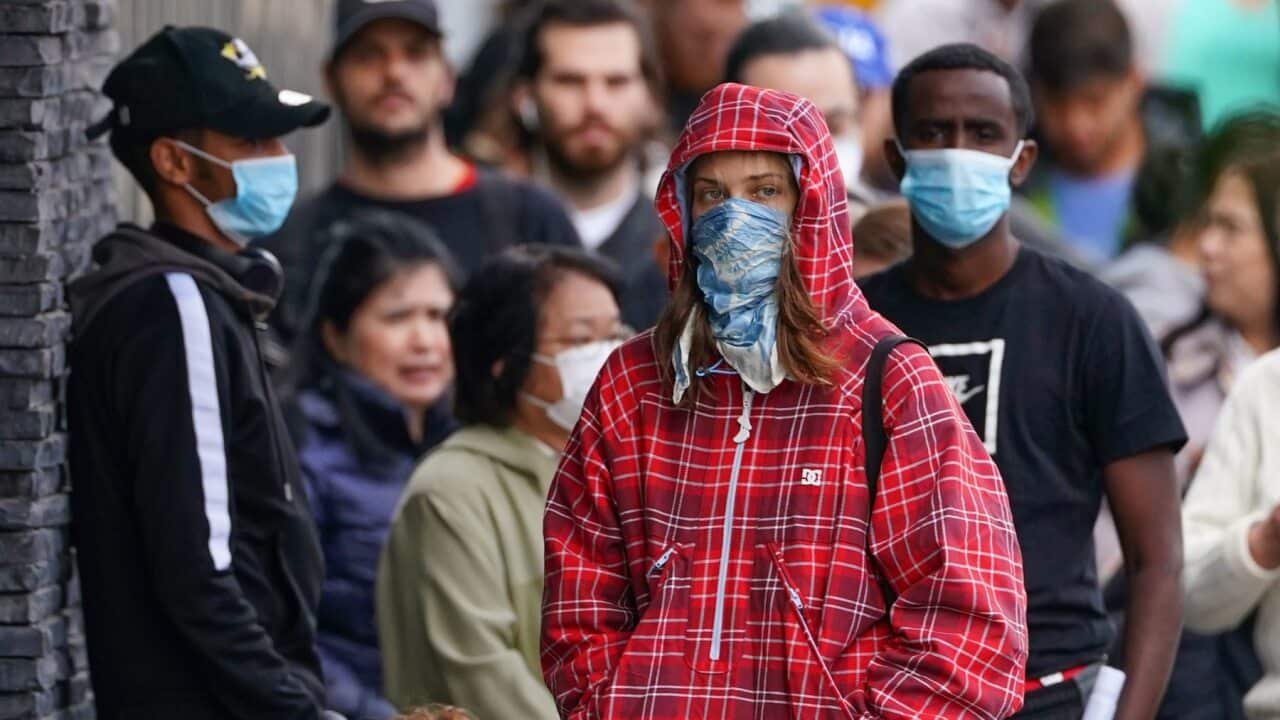Over 40,000 payment suspensions were recorded against Indigenous Australians in the first month of the resumption of mutual obligations for people receiving income support.
The figures obtained by NITV News from the Department of Education, Skills and Employment have revealed that 40,609 payment suspensions were filed against First Nations people since requirements for income support resumed on September 28.
Shadow Minister for Indigenous Australians and Social Services, Linda Burney said the figures were deeply concerning.
“The figures are completely alarming," Linda Burney told NITV News on Wednesday.
“So many Aboriginal people find themselves in situations of poverty where there is a reliance on payments from Centrelink. Because of that poverty, there is going to be a disproportionate effect of mutual obligations, of suspensions, of breaches, of cancellations on First Nations people." In total, 257,240 income support payments were suspended for failing to meet mutual obligation requirements.
In total, 257,240 income support payments were suspended for failing to meet mutual obligation requirements.

Shadow Minister for Indigenous Australians and Social Services Linda Burney said income support penalties and breaches were having a devastating impact on First Nations people Source: AAP
Suspensions being recorded against Aboriginal and Torres Strait Islander receipents made up 15 per cent of the total.
Between August 4 and October 31, 53 Indigenous Australians had their payments cancelled due to work refusal failures - just under a quarter of the 242 Australians whose payments were cancelled.
Payment cancellations mean people cannot receive a payment for four weeks.
The data provided was for jobseekers that participated in JobActive, ParentsNext and Disability Employment Services but excluded people enrolled in the remote communities Community Development Program (CDP).
Ms Burney said she believed mutual obligations for people receiving income support was reinstated too early, as millions of Australians face the worst labour market in decades.
“The government reintroducing mutual obligations in the middle of a pandemic for people that are really finding the pandemic challenging is completely unacceptable,” she said.
“The idea that you can just whack on mutual obligations as if people are not struggling under pandemic conditions shows that they have no care or consideration for people.”
Senate inquiry
A spokesperson for the Department of Education, Skills and Employment said payments are instated once the person meets their requirements.
“Payment suspensions do not, and never have, equated to loss of money. Rather they are used to encourage job seeker re-engagement," said the spokesperson.
"Once people receiving income support meet their obligations, income is then back paid for the duration it was withheld. Payment suspension is lifted once the job seeker makes contact and meets their requirement – after that, they are fully back paid.”
A senate inquiry on Wednesday is examining Jobseeker payments and the extension of the Coronavirus Supplement to increase support up until March 2021.
Francis Markham, research fellow at the Centre for Aboriginal Economic Policy Research at the Australia’s National University said Indigenous people were bearing the brunt of a ‘punitive’ system.
“The figures are really quite disturbing. And what they show is that First Nations participants in employment services are around twice as likely to have had their payments suspended than non indigenous participants,” Mr Marham said. He said the suspensions and income penalties and breaches can have a severe impact on people and their families and lead to people disengaging with the social security system all together.
He said the suspensions and income penalties and breaches can have a severe impact on people and their families and lead to people disengaging with the social security system all together.

Centre for Aboriginal Economic Policy Research's Dr Francis Markham said the Indigenous Australians are twice as likely to face penalty over failing to meet income requirements.
"They're falling through holes in the net, as they're unable to meet the complex and often bureaucratic demands of their employment service providers,” he said.
The Australian Council of Social Services told the inquiry that additional support was vital for Australia’s most vulnerable people.
“We want the Parliament to fight tooth and nail in these sittings to deliver a permanent adequate increase to Job Seeker and Youth allowance before the end of the year,” it said.
The CEO of ACOSS, Cassandra Goldie, told the inquiry that uncertainty was having a profound impact on people receiving support.
“The current level that is being proposed in this bill is going to deliver a cruel and damaging cut to the basic lives of people currently affected by unemployment. I want the Parliament to understand the corrosive effect of this drip feeding of cuts on the mental health of people affected,” she said.
Ms Goldie told NITV news that she was concerned about the figures.
“We are extremely alarmed by the scale of suspensions in First Nations communities, we have repeatedly warned the government that we should not be returning to the old-style mutual obligations.
“The government needs to understand the scale impacting Indigenous Australians. This is about people’s basic mental health and covering the essentials.”
The federal government is extending the coronavirus supplement until March next year but it has dropped from a high of $550 brought in at the height of the pandemic, down to $150 a fortnight from January 2021.










